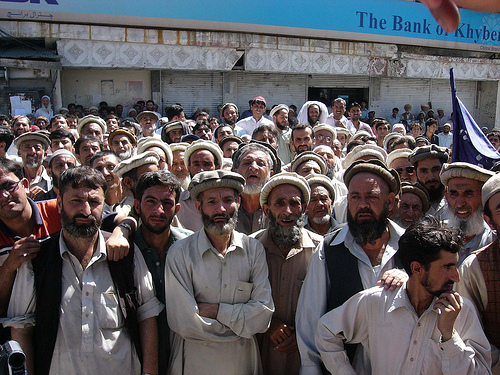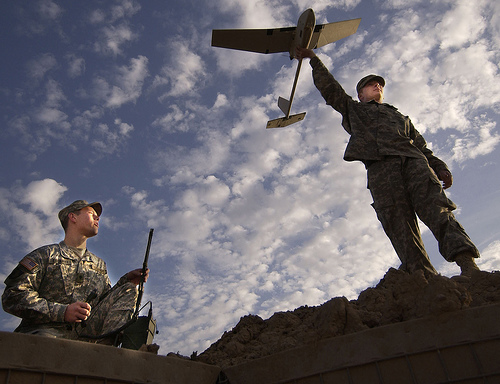
The term failed state is often used to describe a state perceived as having failed to meet some of the basic conditions and responsibilities of sovereign government. In international law, a failed state is one that, “though retaining legal capacity, has for all practical purposes lost the ability to exercise it.” According to the Fund for Peace that just released its seventh annual Failed State Index (FSI), a failed state is characterized by:
- loss of physical control of its territory or loss of the monopoly on the legitimate use of force;
- the erosion of legitimate authority to make collective decisions;
- an inability to provide reasonable public services; and
- an inability to interact with other states as a full member of the international community.
The FSI is made up of 12 social, economic and political indicators − each split into an average of 14 sub-indicators. The Fund for Peace bases its assessment primarily on content analysis of thousands of electronically available articles and reports that are processed by special software.
According to the latest index scores, Pakistan ranks 12th out of 177 countries examined.



